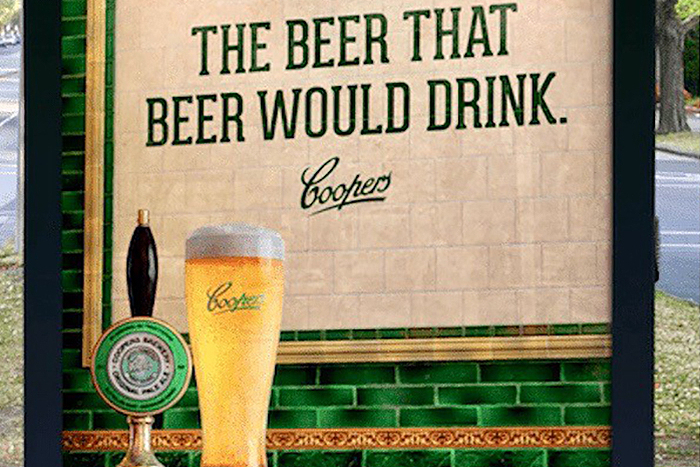Company slogans play a crucial role in shaping a brand’s image and identity. While some slogans are memorable and effective, others can miss the mark or even become cringeworthy. Here are ten examples of slogans that are often considered among the worst:
- Pepsi – “Pepsi Brings Your Ancestors Back from the Grave” (1950s): This slogan was used in China, and the cultural misinterpretation led to its unfortunate implication that Pepsi could revive the dead.
- Nestlé – “Good Food, Good Life”: This slogan received criticism due to concerns over Nestlé’s involvement in unethical practices, such as the infant formula controversy.
- Microsoft – “Be What’s Next” (2010s): While Microsoft is known for innovation, this slogan didn’t resonate well, as it was seen as vague and lacking in substance.
- RadioShack – “You’ve Got Questions, We’ve Got Answers”: Despite its catchy jingle, this slogan was criticized for being misleading, given that RadioShack often didn’t have the answers customers were seeking.
- KFC – “Finger Lickin’ Good”: While this slogan is memorable, it raised concerns about hygiene and cleanliness, especially in today’s health-conscious climate.
- New York State Tourism – “I Love New York, But Only When I’m Visiting”: This twist on the iconic “I Love New York” slogan didn’t resonate well with locals, as it seemed to imply a lack of appreciation for the state.
- Bic – “Look Like a Girl, Act Like a Lady, Think Like a Man, Work Like a Boss”: This slogan faced backlash for reinforcing gender stereotypes and promoting a narrow view of femininity and masculinity.
- Dr Pepper – “Not for Women”: This tagline was part of an ad campaign in the 1960s that aimed to appeal to men. However, it was criticized for being exclusionary and perpetuating gender stereotypes.
- Gap – “Dress Normal”: While Gap’s intention was to promote classic, everyday fashion, the slogan was criticized for suggesting that there’s only one way to “dress normal.”
- Burger King – “It’ll Blow Your Mind Away”: This slogan was used in Singapore to promote a new spicy burger. However, its sexual innuendo led to public outrage and its eventual withdrawal.
These slogans serve as reminders that crafting an effective and resonant slogan requires careful consideration of cultural context, brand messaging, and public perception.

